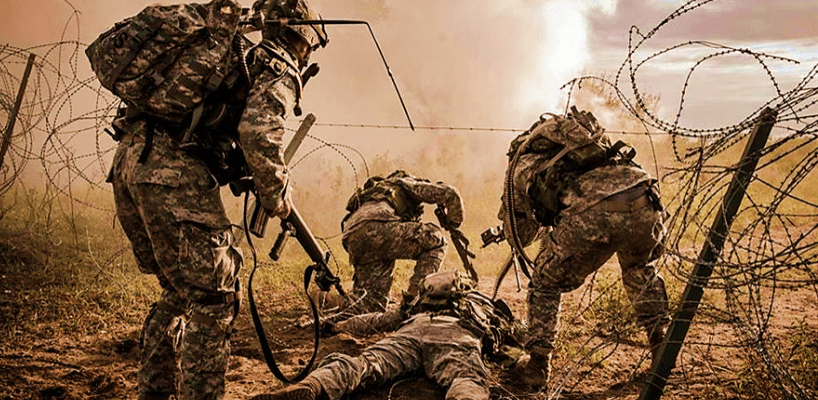Being a part-time military member of the Reserve or National Guard, and working a career in the civilian world can be contentious at best. However, it doesn’t necessarily have to be that way. Most of the problems encountered often stem from misunderstandings between the serving member and employer.
For example, mid-to-late week is not a good time to tell your employer or supervisor you are going to be gone the next two weeks for Annual Training. The employer must let you off for training by law, but you most likely tainted your relationship – something not easily forgotten by your boss.
And while your employer doesn’t have to pay you for the time spent in military service, (although many employers either do or make up the difference, unless you take vacation time) you have put that person in a bind as s/he must hire a temp to do your job while you are gone or have the rest of your team pick up the slack – neither good options at that late stage of the game.
USERRA
Informing an employer of an absence right before leaving for training can end up costing you raises, promotions and even your job. Any of these outcomes can be for other “issues” not related to military service. Under the Uniformed Services Employment and Reemployment Rights Act of 1994 (USERRA), employers know they can’t do any of these things as a direct result of your military service, but there are always ways around the law.
A better plan is to inform your employer of your military training dates as soon as your drill schedule and annual training period(s) are posted. Most units post this information in September for the next fiscal year. By giving a copy of your schedule that far in advance, your employer has time to make any adjustments that may be necessary due to your short-term absence.
Deployments usually cause more of an issue because they can be up to a year or more in duration. Again, inform your employer as soon as your unit has been notified and has told you. Consider your civilian job carefully before volunteering for a deployment. While your first is usually mandatory, each successive one is normally voluntary, unless you have a special skill needed.
Under USERRA, an employer must rehire you into your old job or one of equal status for at least six months for deployments over 30 days, but less than 180; one year for deployments over 180 days. This includes any raises or promotion you would have received if you were there working.
However, if you have a toxic work relationship due to your military service, you may not want to go back to that company. Those six months to one year will most likely be contentious and in the end, you’ll be let go for cause, even though the real reason was your absence for military service. And even if USERRA could keep your job, would you really want to work there?
ESGR Employer Awards
If your employer enthusiastically supports your military service, honor them by submitting them for an Employer Support of the Guard and Reserve (ESGR) employer award. There are seven total and they are progressive in nature. What they receive next year would be a different and higher award than the one for the current year. Awards are presented at an annual formal banquet in each state/territory. It not only gives the company an image boost from the news coverage of the banquet, but an ego boost for the boss; it is one of the best ways to enhance/further solidify an employer/employee working relationship.
Being a Selected Reservist and working a civilian job can be a win/win for both the employer and employee if it is done correctly. Not only does the company get a great employee with the experience and soft skills employers seek, but the employee gets the support of the employer to further his/her country’s military service on a part-time basis. Just be sure to keep open lines of communication with your employer, and communicate your military needs and schedules as early as possible.


